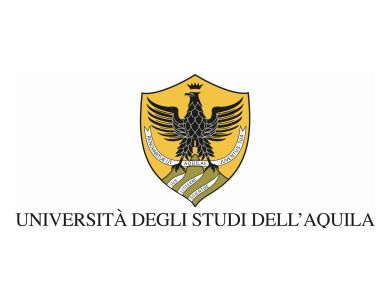University of L’Aquila (UNIVAQ) is an Italian public University counting about 20.000 students, more than 600 professor and researchers, and more than 500 additional employees in administrative and technical staff. It has 7 Departments which, besides research, provide 66 Bachelor and Master courses; more than 300 PhD students are enrolled in 10 different doctorate programs. The UNIVAQ Dept involved in the project will be that of Industrial Engineering, Informatics and Economics (DIIIE) which organizes teaching and research activities in the subject areas of chemical, electrical, electronic, economics-management and mechanical engineering. The staff of thermal engines and energy systems will be involved within the project, composed by about 15 people among Full and Associate professors, Researchers, Technician and PhD students. The research group has 30 years of experience in ICE theoretical and experimental activities, related to thermal management, energy recovery, fuel saving, emissions reduction, combustion and overall energy systems managements. In the framework of the project, specific modeling software will be used like Gt-Suite (reference software for the modeling and representation of ICE and its components) and Ansys (CFD software for the 3D computational analysis of components). Also the lab of Internal Combustion Engines will be activated for model developing and eventual experimental validation of them. A turbocharged diesel engine is present on a test bench, fully equipped for the measurement of pollutants emissions (HC, CO, NOx, CO2 and particulate matter), relevant temperatures and pressures along the intake and exhaust lines, in-cylinder pressure, energy wasted, coolant circuit and lubricating oil circuit characterization (temperatures, pressures, flow rates).

Located in Aquila, Italy
Visit the Website
UNIAQ is involved in “Engine installation at test bench and integration with energy recovery sub-systems”. In particular UNIVAQ will be responsible of the study of “An innovative water pump of a rotary sliding vane type will be simulated in a 1D+lumped parameter way: The pump efficiency is higher than the conventional centrifugal type because of its very low dependence from the rotational speed and this reduces fuel consumption. Moreover, the flow rate of this pump can be easily managed by the ECU, allowing the implementation of a full engine thermal management strategy, to evaluate the influence on fuel consumption”.